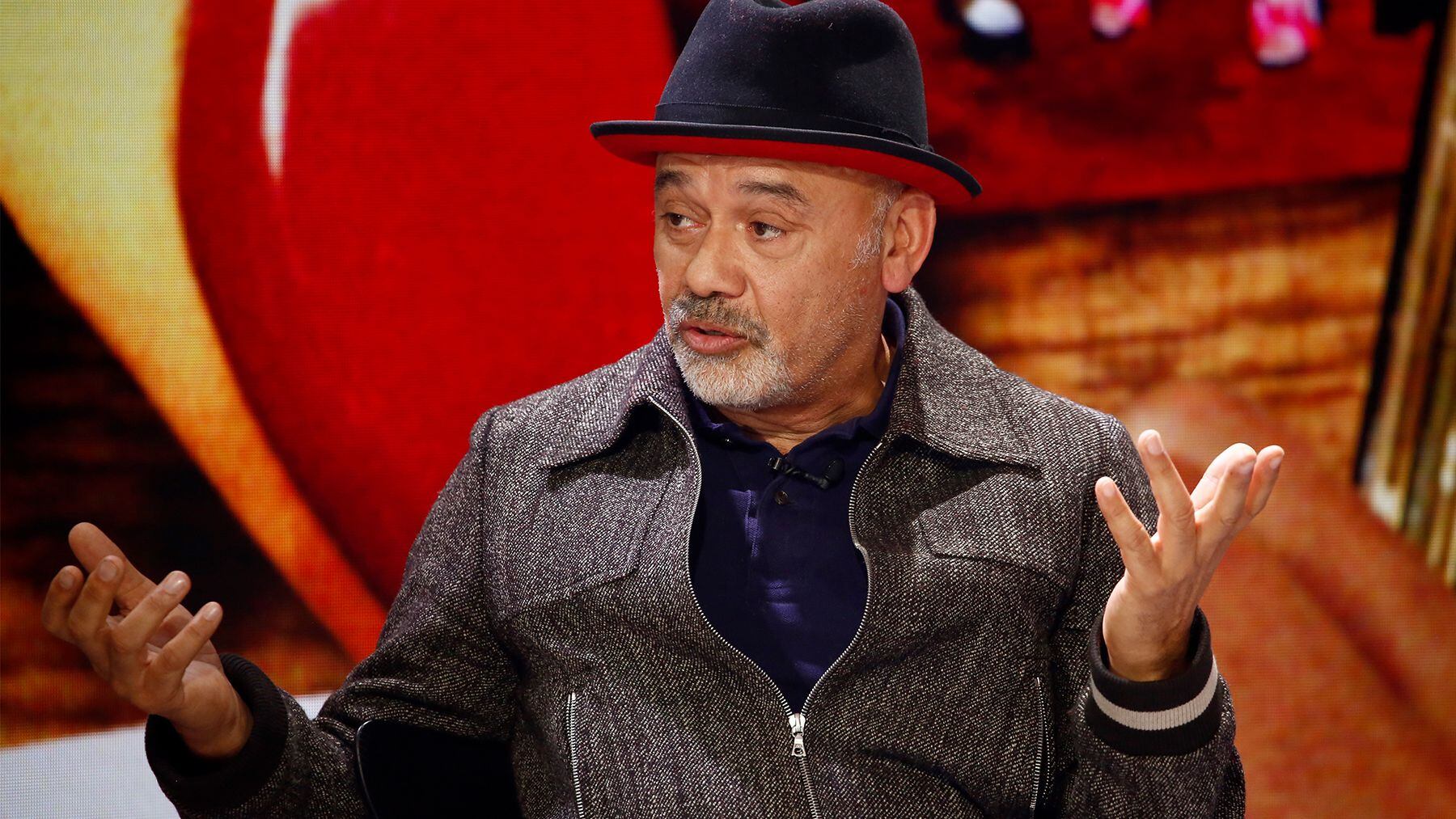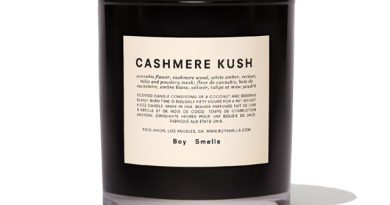VOICES 2021: Live Your Best Life
BoF’s gathering for big thinkers closed with a fifth and final session focused on finding personal fulfilment, packed with practical advice, with speakers including, Condė Nast chief business officer Vanessa Kingori, author Jay Shetty, activist Sinéad Burke and designer Christian Louboutin.
The pursuit of purpose
When Jay Shetty was growing up, he saw three possible paths in life: to be a doctor, a lawyer, or a failure. He chose the third path, he joked, abandoning a corporate life to live for a time as a Hindu monk. At BoF VOICES he spoke about how this experience taught him to find and live with purpose.
“We let what we think other people think of us define the choices we make on a daily basis,” Shetty said, offering a counter-formula for finding a sense of deeper purpose: purpose is passion plus expertise plus service, he said. “When you use your passion in the service of others it becomes a purpose.”
From fashion to farming
Richard Christiansen grew up in rural Australia, the son of beekeepers and sugar cane farmers, and pursued a career in fashion to get as far as possible from what he saw as the banality of his upbringing. He founded creative agency Chandelier Creative with a mission to fight for fantasy, a lynchpin of the luxury fashion world.
But the pandemic changed that. His agency’s work evaporated, but a new opportunity presented itself. Christiansen started working with local farmers in Los Angeles to sell vegetable boxes out of his bookstore. He opened up his home and garden to creatives and launched the brand Flamingo Estate with products made from ingredients grown in his garden. It now offers about 150 products and generated about $6 million in sales this year.
“It’s funny that the thing I love the most was right under my nose,” Christiansen reflected. The dream is to support more farms and businesses to move to regenerative agricultural practices. “To me, that would be a fantasy that it’s really worth fighting for.”
Following intuition
Vanessa Kingori is used to being an outsider. She was born in rural Kenya, spent years in St. Kitts in the Caribbean and then moved to London. She became the first female publishing director of British Vogue, and before that the first female, the first racial minority and the youngest person to serve as publisher of British GQ.
“Everywhere I’ve been, I’ve had to get comfortable being a bit of an outsider, which means often… the decisions I come to are different to the normal consensus,” Kingori told 822 Group’s founder and CEO Mory Fontanez in a conversation about the value and importance of intuitive leadership. “Your superpower is the fact that you’re not thinking like everyone else,” Kingori added.
Moving your body
Modern life and work are driving an epidemic of neck and back pain. Sitting hunched over screens has transformed the way we use our bodies and eroded natural flexibility that keeps us healthy, movement coach Roger Frampton said.
The former model developed the Frampton Method after turning to gymnastics to stay fit and finding he could not even touch his toes. He outlined three principles to keep the body feeling fit: train for flexibility, train for the long-term and train with consistency.
Embracing personal identity
Christian Louboutin felt like an outsider much of his life but never knew why. He grew up in a loving tight-knit family in France, but always felt a deep affinity for Egypt. He only discovered around a decade ago he was the child of his mother and her Egyptian lover. But Louboutin, whose business was valued at $2.7 billion earlier this year, took the news in stride, he told creative director and writer Rozann Ahmed.
“To belong to different cultures, to different places makes you understand from the very beginning that the world has a lot of different points of view,” Louboutin said. “When you have different ethnicities, different cultures you’re not divided, you’re multiplied.”
From awareness to action
In 2017, Sinéad Burke stood on the VOICES stage and called on the industry to consider the economic value of the disabled community, a market with spending power of $1.9 trillion annually. Her ambition was to persuade the fashion industry to design collections with that community in mind. Did she succeed? In recent years, designers like Tommy Hilfiger have launched adaptive collections.
This year, Burke was back and said she didn’t ask for enough. The industry should not merely design for the disabled community, but with the disabled community.
“What happens when your vision becomes othering by design? Because by creating an adaptive capsule collection, you are saying you get this much. Not all of it. Just what we’ve decided is for you,” Burke said. In 2020, she started her own adaptive fashion marketplace. The time to stop talking had come, she said. “Let’s move to action.”
At peace with multiplicity
Just before the pandemic hit, Mohsin Zaidi was preparing for his wedding. He was trying on a sherwani, a traditional garment for South Asian grooms, and one he had always dreamed of wearing. But instead of excitement, he felt disgusted.
The writer had spent his life at war with himself, battling contradictions between his Pakistani identity and identity as a gay man. The idea of those two parts of himself colliding in front of his loved ones terrified him.
It was a war “ignited by other people’s expectations of who I should be,” Zaidi said. “My war waged for years and years and all I wanted was for it to stop, so much so that I thought about ending it all.”
But none of us are one thing. Zaidi’s memoir, ‘A Dutiful Boy’ chronicles his journey to acceptance, finding ways to bring the pieces of his life together harmoniously.
His wedding, cancelled because of Covid, is rescheduled for April.
“I can’t wait to put on that sherwani for my big, gay, Irish, Pakistani, Muslim, Catholic wedding,” he said.
VOICES 2021 is made possible in part through our partners McKinsey & Company, Shopify, Clearco, Klarna, Brandlive, Flannels, Snap, Getty Images, Soho House and The Invisible Collection.


